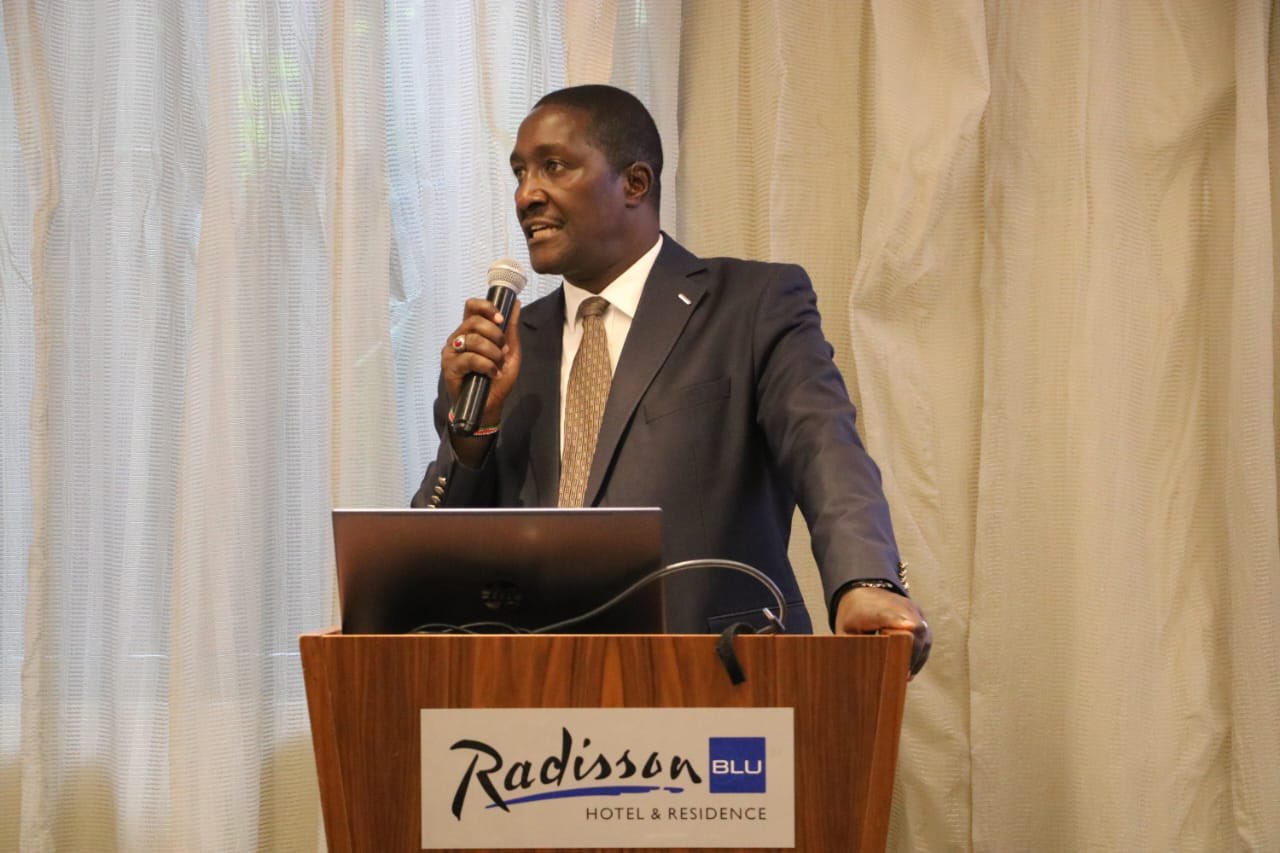Refugees and Asylum seekers have been directed to surrender
their countries of origin passports to the Department of Refugee Services
within 30 days.
According to the Commissioner of Refugees John Burugu,
failure to do this will lead to legal consequences, including losing their
refugee status and expulsion from the country.
He explained that the Department noted that some refugees,
despite having Conventional Travel Documents (CTDs), which they can use to
travel to any country outside Kenya, some have been using passports from their
country of origin.
The CTDs are machine readable and issued by Department of
Refugee Services.
“It has come to the attention of the Department of Refugee Services
that some Refugees and asylum seekers are using passports from their country of
origin for travelling outside the country,” Burugu said in a notice dated
September 30.
“Accordingly, pursuant to the United Nations 1951 Convention
and the Refugees Act No. 10 of 2021, all refugees and asylum seekers in Kenya
are hereby required to surrender the passports from their country of origin to the
Department of Refugee Services within 30 days from the date of this notice.”
The Commissioner urged refugees to comply with this
directive to have their status and rights protected and avoid any legal consequences
that may follow.
Burugu insisted that the safety and well-being of the refugees and asylum seekers is the commission’s top priority.
The directive comes just two months after President William Ruto's administration initiated the integration of over 700,000 refugees from the Dadaab and Kakuma camps.
The process, which began in July, was a result of discussions with lawmakers from Turkana and Garissa counties.
It is estimated to cost Sh115.6 billion to implement phase one of the four-year project.













